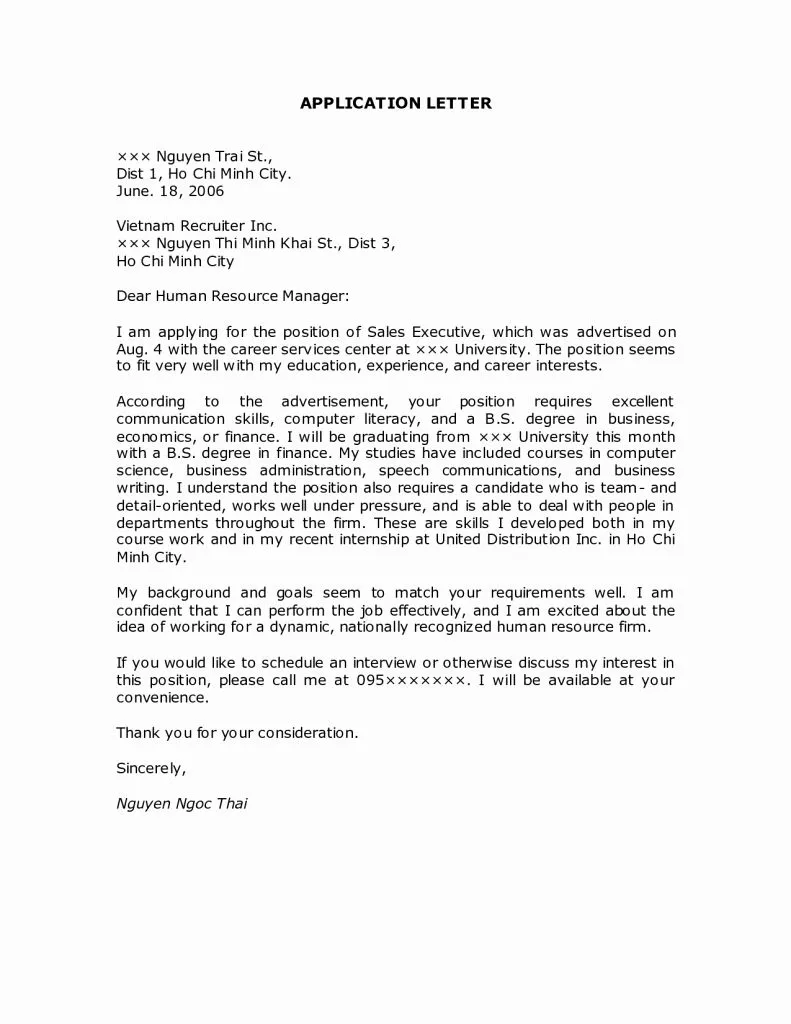Cover Letter for Interview An Introduction
The job market is competitive, and standing out from the crowd is crucial for landing your dream job. One way to distinguish yourself is through a well-crafted cover letter, especially when preparing for an interview. But is a cover letter always necessary? The answer depends on various factors, including the type of interview, the job application process, and the employer’s expectations. This article will explore the significance of interview cover letters, when to use them, and how to write one that makes a positive impact. Understanding the role of a cover letter can significantly improve your chances of securing that all-important interview and, ultimately, the job offer.
What is an Interview Cover Letter
An interview cover letter is a concise document that accompanies your resume and serves as an introduction to your application. It highlights your key qualifications, skills, and experiences that make you a strong candidate for the position. Unlike a resume, which provides a detailed overview of your work history and education, a cover letter allows you to express your personality, enthusiasm, and suitability for the specific role. It’s your opportunity to tell a compelling story about why you are the best fit for the job. A well-written cover letter is a critical component of a successful job application, especially in today’s competitive job market, and can significantly increase the likelihood of getting an interview.
Why Do You Need a Cover Letter for an Interview?
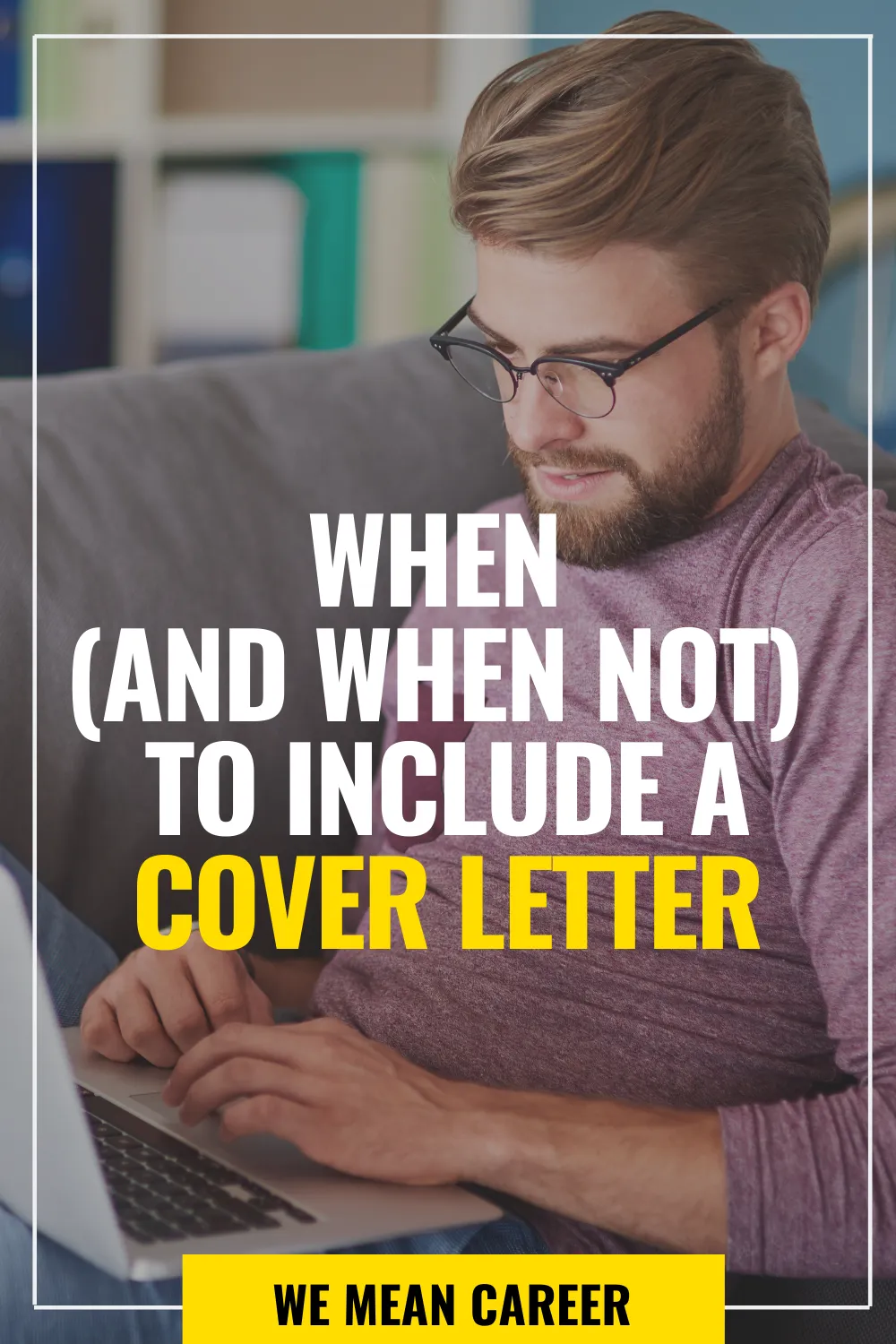
A cover letter for an interview is a valuable tool that offers several benefits. Firstly, it allows you to tailor your application to the specific job requirements, demonstrating that you’ve taken the time to understand the role and the company’s needs. This personalized approach can make a positive impression on the hiring manager. Secondly, a cover letter helps you highlight your most relevant skills and experiences, connecting them directly to the job description. It gives you the space to expand on your accomplishments and explain how they align with the position’s requirements. Moreover, it showcases your communication skills, which are essential in any workplace, providing the opportunity to express yourself effectively and concisely.
When to Use a Cover Letter for an Interview
Knowing when to include a cover letter with your application is crucial. While not always mandatory, a cover letter is often beneficial. There are specific scenarios where it’s particularly important to include one to maximize your chances of getting an interview. These include when you’re applying for a job, during networking, and when attending informational interviews. Let’s delve into these situations to help you determine when a cover letter can give you an advantage in your job search.
Applying for a Job
When applying for a job, a cover letter is almost always recommended. It provides an opportunity to introduce yourself, highlight your relevant skills and experiences, and express your enthusiasm for the position. It allows you to connect the dots between your qualifications and the job requirements, making it easier for the hiring manager to see how you would fit into the role and contribute to the company’s success. A well-crafted cover letter demonstrates your attention to detail, communication skills, and genuine interest in the opportunity, making you a more compelling candidate. Including a cover letter shows that you are serious about the job and willing to go the extra mile.
Networking and Informational Interviews
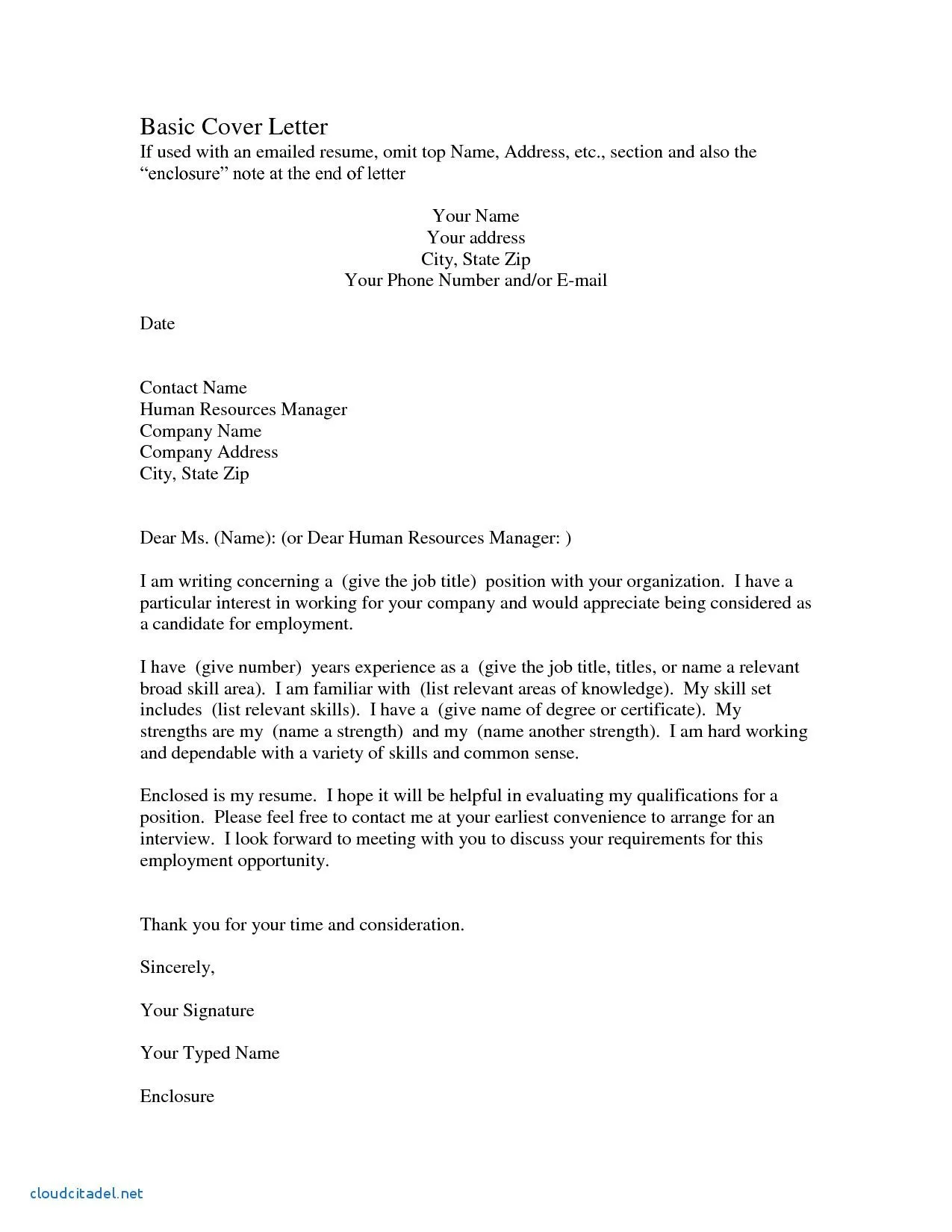
During networking events or informational interviews, a cover letter can serve as a useful tool to introduce yourself to potential employers or industry professionals. It allows you to provide context for your background and experience, even if you don’t have a specific job application in mind. You can share your career goals, highlight your skills, and express your interest in the company or industry. By including a cover letter, you can make a positive first impression and open up opportunities for further conversation and potential job leads. This approach can be especially valuable when seeking advice, mentorship, or exploring different career paths.
When a Cover Letter is Not Needed
Although cover letters are often beneficial, there are a few scenarios where they might not be necessary. For instance, if the job posting explicitly states that a cover letter is not required, it is acceptable to omit it. Also, in some cases, when applying through online application systems, the platform may not provide an option to upload a cover letter. In such instances, prioritize the information requested and focus on highlighting your qualifications in the application form. However, it’s always best to err on the side of caution and include a cover letter if you have the option, as it can give you a competitive edge.
Cover Letter The Importance of a Strong One
A strong cover letter is more than just a formality; it’s a crucial tool for making a positive impression on potential employers. It gives you the chance to showcase your personality, highlight your qualifications, and explain why you are the ideal candidate for the job. It provides a narrative that complements your resume, offering depth and context to your experiences and skills. Without a well-written cover letter, you may miss the opportunity to differentiate yourself from other applicants and make a lasting impression. Moreover, a strong cover letter demonstrates your communication skills, attention to detail, and genuine interest in the position, increasing your chances of securing an interview.
Highlighting Skills and Experience
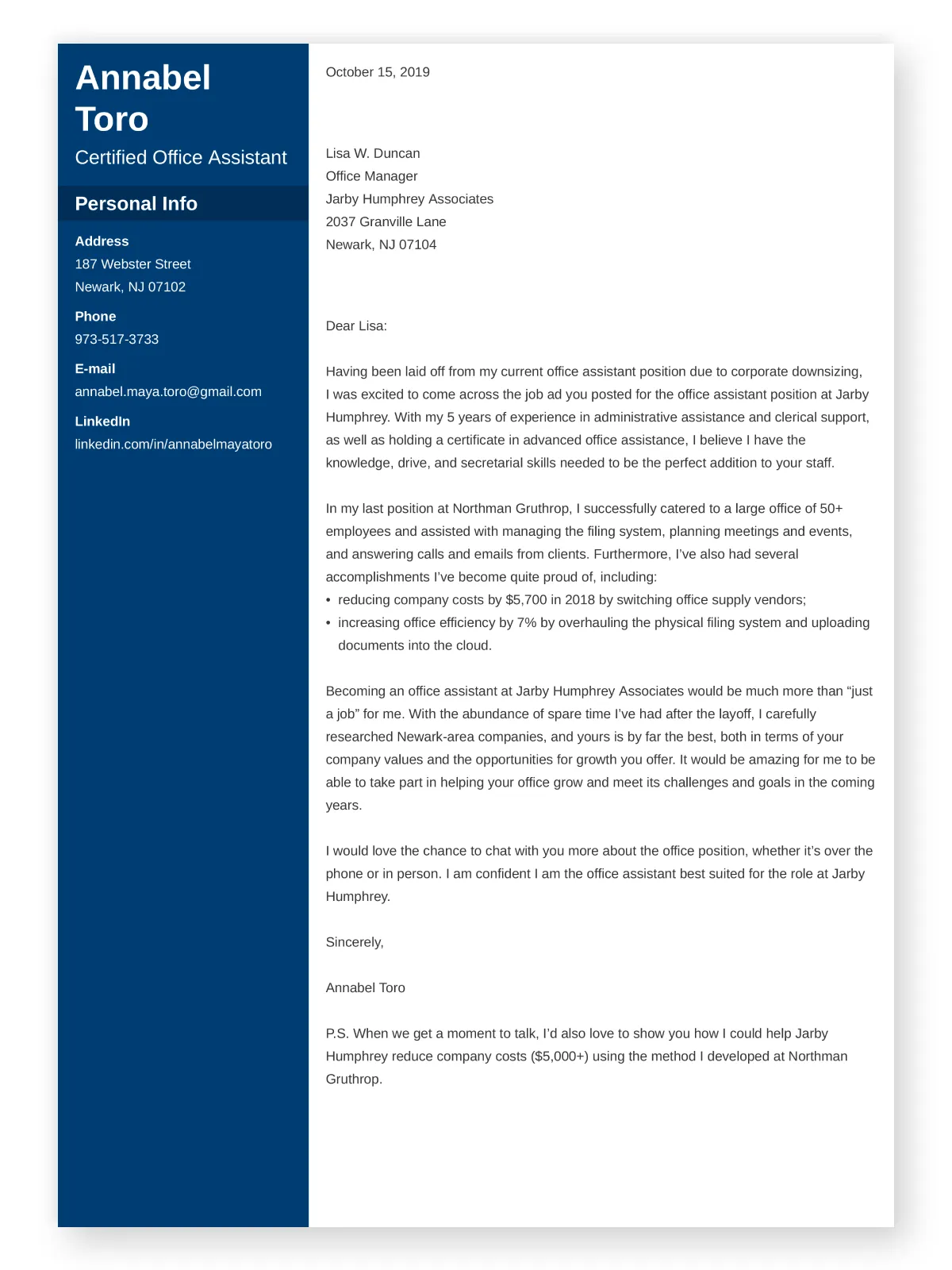
Your cover letter is the perfect place to highlight the skills and experiences most relevant to the job. Don’t just list your qualifications; instead, use specific examples to demonstrate how you’ve used these skills to achieve results in previous roles. This can include quantifiable achievements, such as increasing sales, improving efficiency, or leading successful projects. By connecting your skills and experience directly to the job requirements, you show the hiring manager that you understand the position and have the necessary capabilities to excel in it. Make sure to tailor your highlights to each job application, emphasizing the skills and experiences that align best with the specific role.
Demonstrating Your Enthusiasm
Enthusiasm can set you apart from other candidates. Expressing genuine interest in the company and the specific role is crucial. Show that you’ve researched the company and understand its mission, values, and goals. Explain why you are excited about the opportunity and how your skills and experiences align with the company’s needs. This shows that you are not just looking for any job but are genuinely interested in contributing to the company’s success. Demonstrating your enthusiasm can make a lasting impression and increase your chances of getting an interview.
Personalizing Your Application
Personalization is key to a successful cover letter. Avoid using generic templates and instead, tailor your letter to each job application. Show that you’ve taken the time to understand the specific requirements of the role and how your skills and experience align with them. Mention specific details about the company or the hiring manager, if possible, to demonstrate your interest and attention to detail. By personalizing your application, you show that you are genuinely interested in the opportunity and have a clear understanding of what the company is looking for. This personalized approach can help you stand out from other applicants.
How to Write an Interview Cover Letter
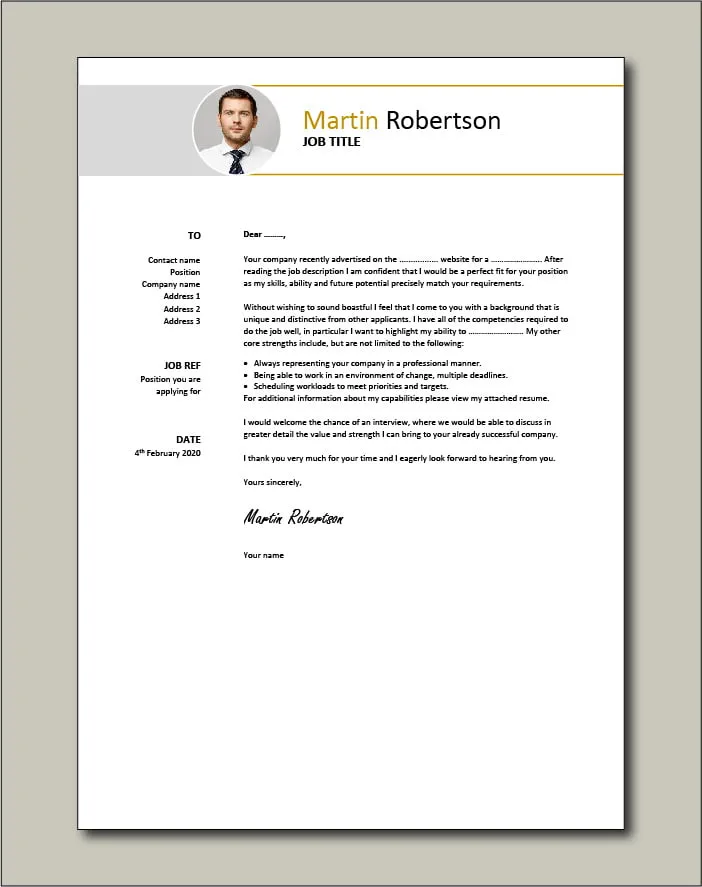
Writing a compelling interview cover letter requires careful planning and execution. Your cover letter is your first opportunity to make a positive impression on a potential employer. By following a strategic approach and incorporating key elements, you can increase the likelihood of getting an interview and showcase your skills and experience effectively. A well-written cover letter clearly articulates your value proposition and captures the attention of the hiring manager. Taking the time to craft a well-structured and tailored cover letter is an investment that can significantly improve your chances of landing a job.
Key Elements to Include
An effective cover letter includes several key elements that contribute to its overall impact. Start with a strong opening that grabs the reader’s attention and clearly states your interest in the position. In the body of the letter, highlight your relevant skills and experiences, connecting them to the job requirements. Provide specific examples of your achievements and demonstrate your value to the company. Show that you have researched the company and understand its mission and values. Conclude with a call to action, expressing your enthusiasm for the opportunity and your willingness to discuss your qualifications further. Proofread your cover letter carefully to ensure it is free of errors.
Formatting Your Cover Letter
Formatting your cover letter is just as important as the content. Use a professional and easy-to-read font, such as Times New Roman or Arial, in a standard size. Ensure your letter is well-organized with clear headings, concise paragraphs, and adequate spacing. Keep the letter to one page, making it easy for the hiring manager to read quickly. Use a formal salutation, such as “Dear Mr./Ms. [Last Name],” and a professional closing, such as “Sincerely” or “Best regards.” Proper formatting enhances readability and professionalism, making a positive impression on the reader. It shows that you are attentive to detail and committed to presenting yourself in the best possible light.
Tips for Success Making a Great Impression
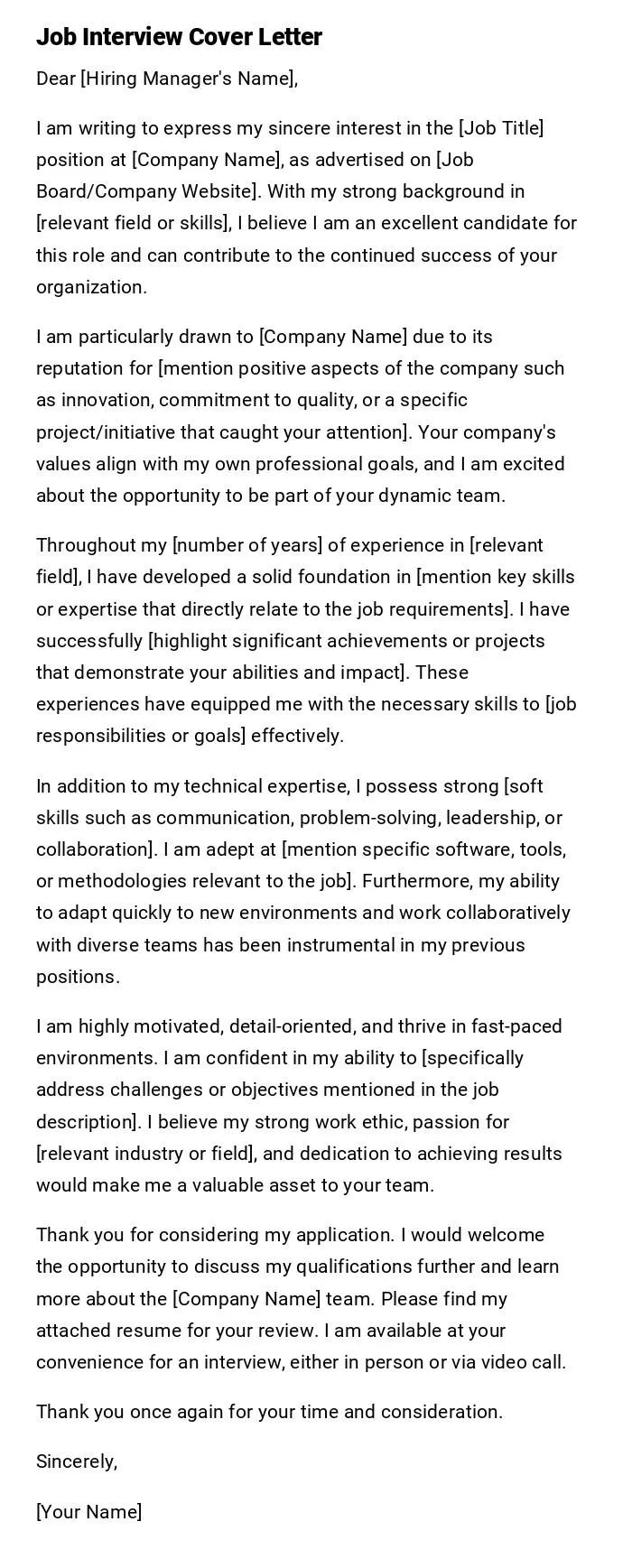
To make a great impression with your cover letter, focus on several key strategies. Tailor your cover letter to each specific job and company, showcasing your genuine interest in the role and the organization. Proofread your letter carefully to catch any errors in grammar or spelling. By taking the time to create a well-crafted cover letter, you demonstrate your professionalism and increase your chances of making a positive impact on the hiring manager. Following these tips will help you create a compelling cover letter that grabs the reader’s attention and increases your chances of getting an interview.
Tailoring to the Specific Job
Tailoring your cover letter to the specific job is essential. Carefully review the job description and identify the key skills and experiences the employer is seeking. Then, align your qualifications with the job requirements, highlighting relevant achievements and experiences that demonstrate your ability to excel in the role. Customize your letter to reflect the company’s culture, values, and mission. Show the hiring manager that you understand the specific needs of the position and how you can contribute to the company’s success. This personalized approach will set you apart from the competition and showcase your genuine interest.
Proofreading and Editing
Proofreading and editing your cover letter is critical to ensure it is polished and professional. Carefully review the letter for any errors in grammar, spelling, or punctuation. Read the letter aloud to catch any awkward phrasing or typos. Consider asking a trusted friend or colleague to proofread your letter as well, as a fresh pair of eyes can often spot mistakes you might have missed. A well-proofread cover letter demonstrates your attention to detail and commitment to presenting yourself in the best possible light.
Following Up
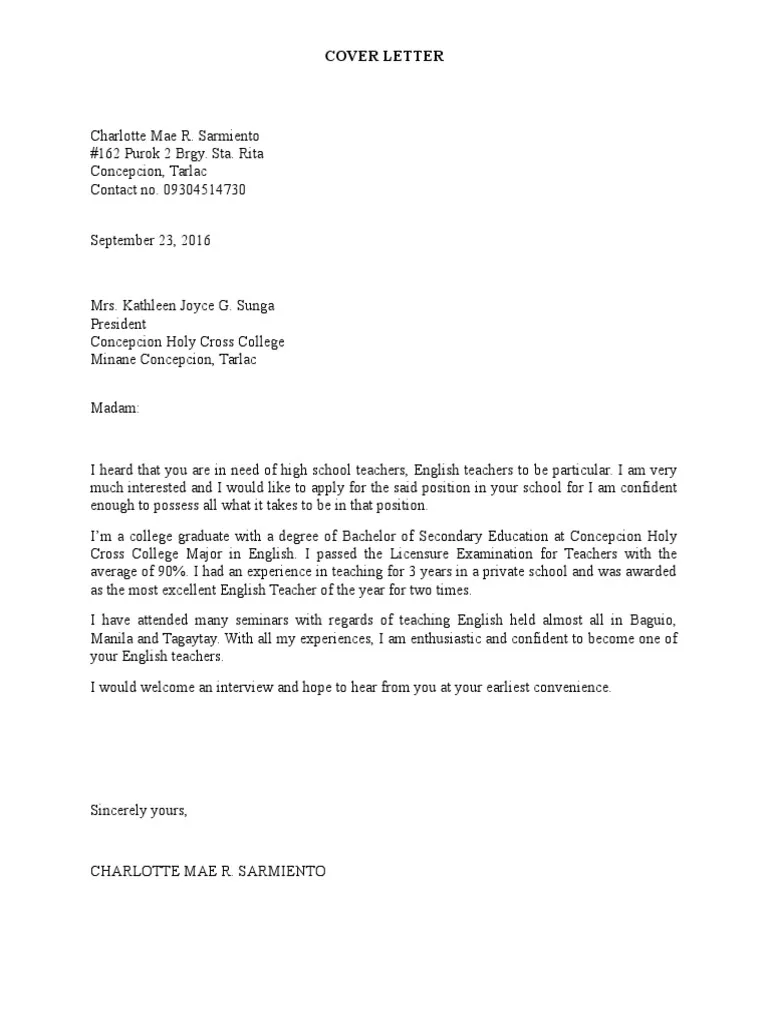
After submitting your cover letter and resume, consider following up with the hiring manager or the contact person listed in the job posting. This shows your continued interest in the position and your proactive approach. Send a brief email or make a phone call a week or two after submitting your application to inquire about the status of your application. Keep your follow-up concise and professional, reiterating your interest in the role and thanking the hiring manager for their time and consideration. Following up can help keep your application top of mind and increase your chances of getting an interview.
Interview Cover Letter Conclusion
In conclusion, an interview cover letter is a valuable tool in the job application process. While its necessity varies depending on the specific circumstances, it can significantly enhance your chances of landing an interview by allowing you to personalize your application, highlight relevant skills, and demonstrate your enthusiasm for the position. By understanding when to use a cover letter, crafting a strong and tailored letter, and following best practices, you can significantly improve your job search success and make a positive impact on potential employers.
